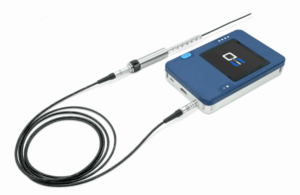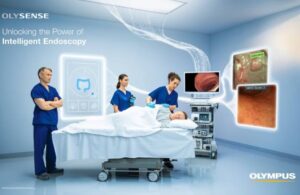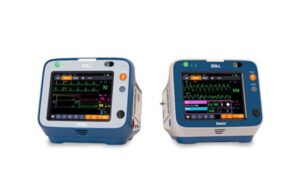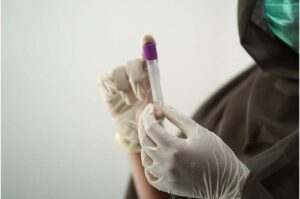MedTech News
.................... by Andrew Celentano

Outlook Surgical wins FDA clearance for hybrid endoscope system
Outlook Surgical this week announced it received FDA 510(k) clearance for its Inova 1 Towerless Endoscope System.

Olympus launches Olysense AI-powered colorectal polyp detection platform
Olympus announced today that it launched its Olysense platform with Caddie medical device software for early colorectal polyp detection.

FDA approves new Zoll Zenix monitor/defibrillator
Zoll announced today that it received FDA premarket approval (PMA) for its Zenix professional monitor/defibrillator.

Relief Cardiovascular announces first human use of smart heart implant
Relief Cardiovascular today announced the successful first-in-human use of its transcatheter smart heart implant.

Abbott wins Health Canada approval for Esprit drug-eluting, dissolving scaffold
Abbott (NYSE: ABT)+
said Health Canada authorized its Esprit BTK Everolimus Eluting Resorbable Scaffold System, a dissolving stent for patients with chronic limb-threatening ischemia (CLTI) below the knee.

Tandem t:slim X2 pump cleared for use with Lilly’s Lyumjev ultra-rapid insulin
Tandem Diabetes Care (Nasdaq:TNDM) announced today that it received approval to deliver Lyumjev ultra-rapid acting insulin with its t:slim X2 pump.

Next-generation cavity fighter uses zinc-based treatment that could replace silver diamine fluoride
Tooth decay is the most common health condition worldwide. While it is preventable and treatable, billions of people are living with cavities and the pain that accompanies them.

Simple blood test can predict risk of severe liver disease
A new study from Karolinska Institutet, published in the journal The BMJ, shows how a simple blood analysis can predict the risk of developing severe liver disease. The method may already start to be applied in primary care to enable the earlier detection of cirrhosis and cancer of the liver.
